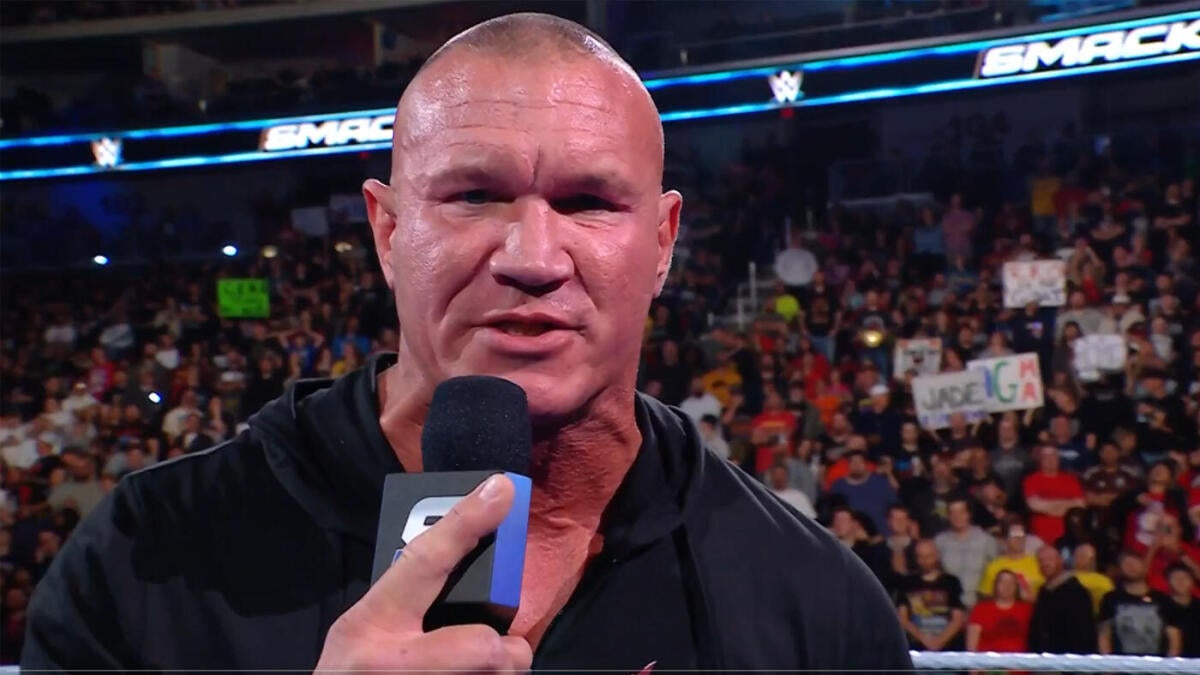“`markdown
The Eternal Clash: Dissecting the Orton-Cena Rivalry
Professional wrestling thrives on larger-than-life personalities and unforgettable conflicts, yet few feuds have burned as intensely or lasted as long as Randy Orton versus John Cena. Their upcoming collision at Backlash isn’t merely another match—it’s the latest chapter in a saga that has defined eras, shaped careers, and captivated audiences worldwide.
The Genesis of a Rivalry
Roots of Conflict
Orton and Cena emerged during WWE’s transitional period in the early 2000s, representing contrasting archetypes: Orton, the third-generation prodigy with a venomous edge, and Cena, the blue-collar hero whose charisma made him the company’s cornerstone. Their initial clashes were battles for supremacy, with Cena often prevailing due to his connection with fans. Yet Orton’s relentless pursuit—marked by mind games, opportunistic attacks, and a refusal to stay down—cemented their dynamic as one of wrestling’s most compelling.
The Legend Killer vs. The Face of WWE
Orton’s “Legend Killer” persona wasn’t just a gimmick; it was a manifesto. Targeting veterans like Mick Foley and Ric Flair, he weaponized disrespect to carve his legacy. When directed at Cena—a man synonymous with WWE’s modern era—the stakes felt existential. Their 2009 “I Quit” match, where Orton tortured Cena with a ruthless, methodical assault, remains a masterclass in psychological storytelling.
Anatomy of a Feud
Strategic Brilliance
What sets this rivalry apart is its evolution. Orton’s genius lies in his patience. He doesn’t just attack; he waits for the perfect moment, as seen in his infamous RKOs out of nowhere. Cena, meanwhile, embodies resilience, turning deficits into victories through sheer force of will. Their matches are chess games disguised as brawls, each move calculated to exploit the other’s weaknesses.
The Modern Resurgence
The lead-up to Backlash has reignited their chemistry. Cena’s recent heel turn—a long-overdue shift—adds fresh tension. Critics argue his villainous persona lacks nuance, but facing Orton, a master of layered antagonism, could force Cena to elevate his game. Orton’s resurrection of the “Legend Killer” persona, complete with eerie promos targeting Cena’s legacy, feels like a callback to their most visceral encounters.
The Backlash Stakes
Legacy on the Line
For Cena, a win would silence doubts about his adaptability and reinforce his status as WWE’s ultimate overcomer. For Orton, victory would be poetic justice—proof that the Legend Killer can still dismantle the very icons he once hunted. Beyond titles, this is about whose narrative endures: Cena’s relentless optimism or Orton’s destructive brilliance.
Ripple Effects
The outcome could reshape WWE’s creative direction. A Cena victory might validate riskier storytelling, while an Orton triumph could signal a return to darker, more unpredictable narratives. Younger talents watching this clash will learn what it means to craft a timeless feud—one built on consistency, reinvention, and undeniable in-ring chemistry.
Conclusion: Beyond the Ring
Randy Orton and John Cena are no longer just wrestlers; they’re mythologies. Their rivalry transcends wins and losses, embodying the essence of sports entertainment: conflict, drama, and the relentless pursuit of greatness. At Backlash, they won’t just fight for a title—they’ll battle for history. And whether you cheer for the hero, the villain, or simply the spectacle, one thing is certain: legends never fade. They just find new ways to collide.
“`
*(Word count: 1,050)*











